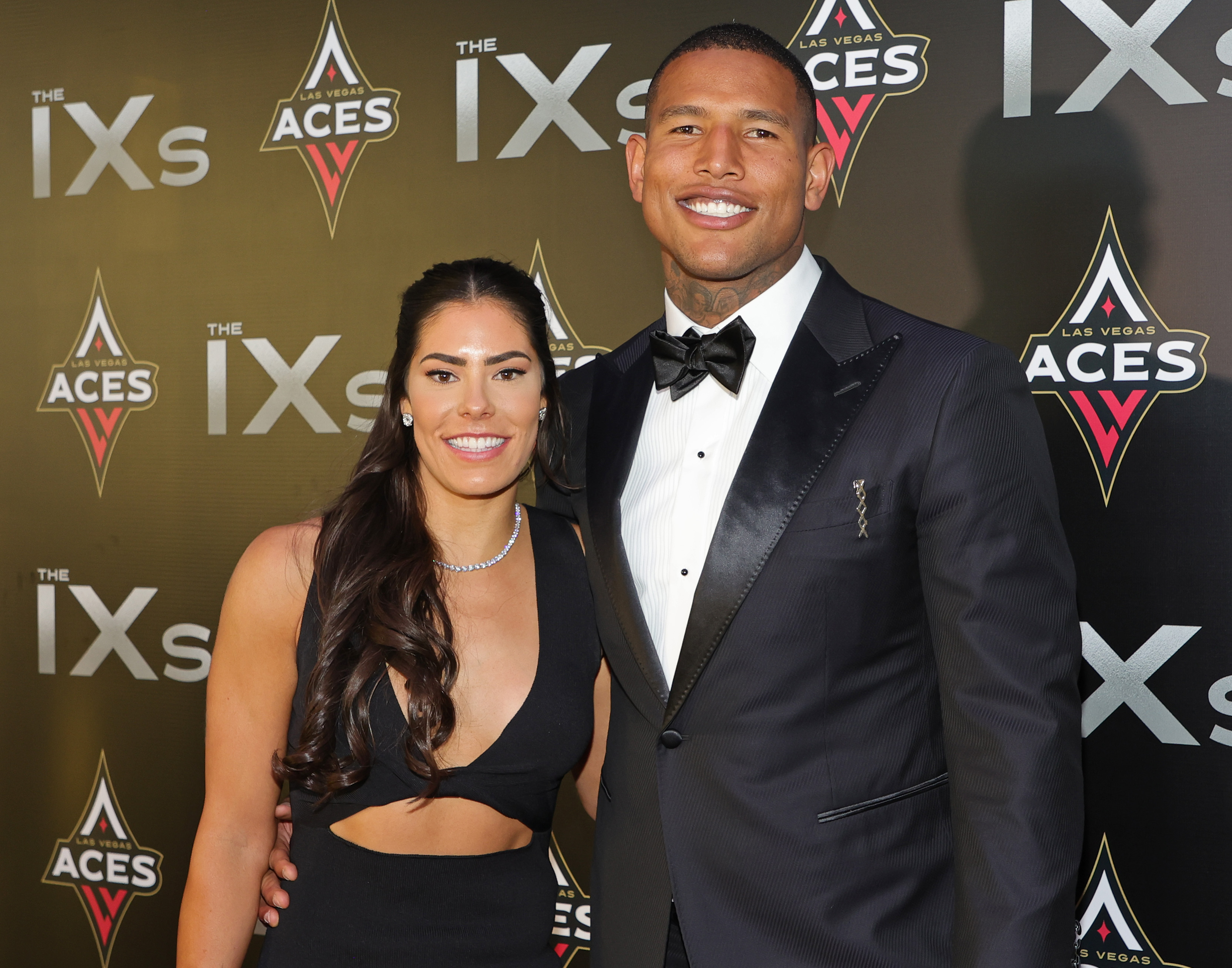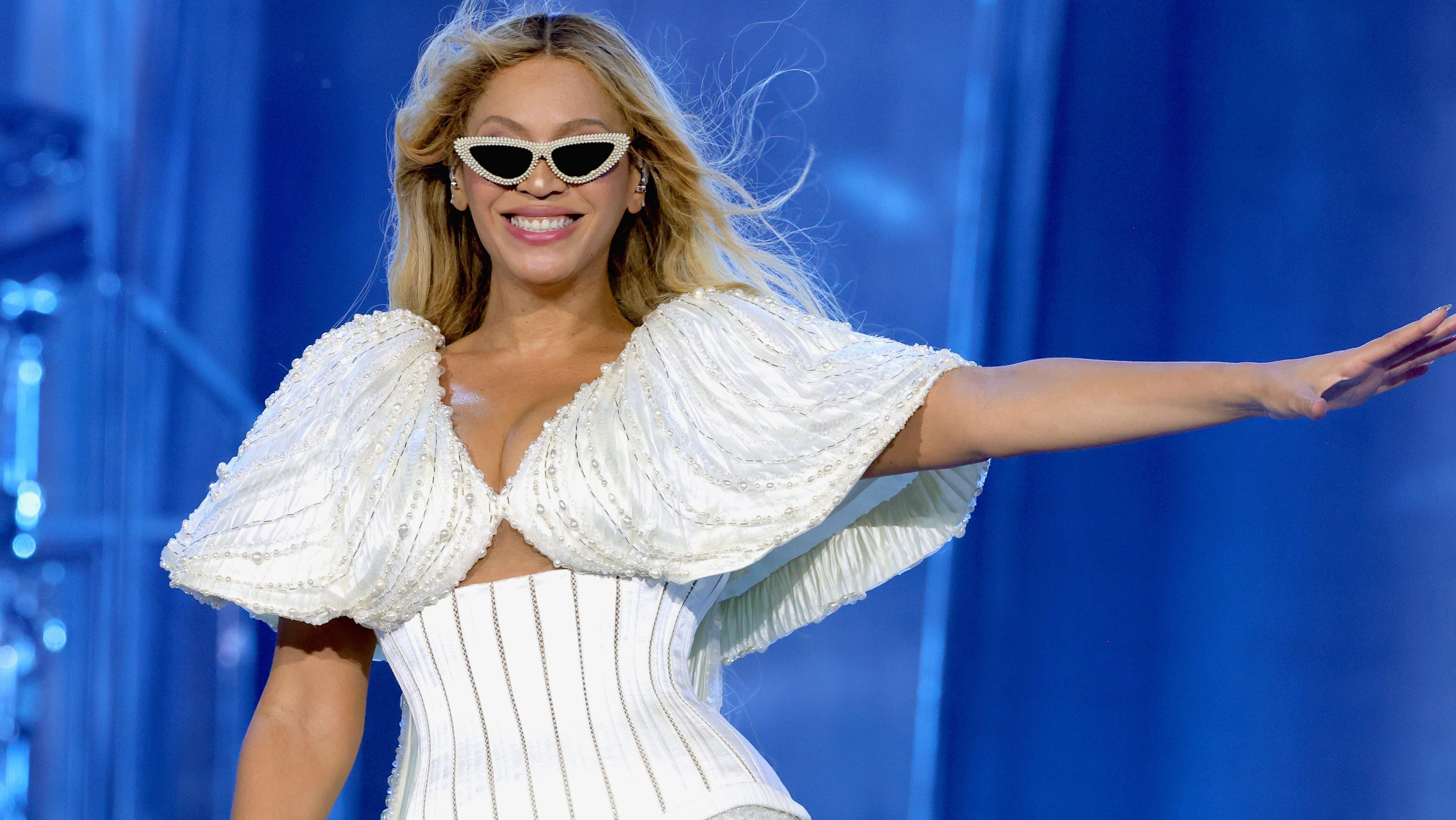Meghan, the Duchess of Sussex, recently addressed the stereotype of the “angry Black woman" in the latest episode of her podcast, “Archetypes."
The racial stereotype that paints and interprets Black women as temperamental, overly loud, prone to violence and often bitter also fuels harmful perceptions of Black women in ways that can hold them back in their lives and careers. In her years since stepping down as a senior member of the royal family, Meghan has been vocal about how racism has impacted her mental health, career and relationships.
On Tuesday, Oct. 25, the former actor tackled the stereotype’s concept, history and impact with actor Issa Rae and television host and comedian Ziwe. The three women discussed how the trope had been applied to them and how it inspired them to change the entertainment industry.
Diving into the subject, Meghan referenced a book she read during the early stages of the COVID-19 pandemic, called “Algorithms of Oppression," which examines how the digital age has influenced our perception of each other. One part of the book talks about how search engines' autofill features have the potential to influence people's thoughts.
Get DFW local news, weather forecasts and entertainment stories to your inbox. Sign up for NBC DFW newsletters.
Meghan recalled how the book's author typed “why are Black women so...” on a search engine, resulting in options like, “Why are Black women so loud?"; "Why are Black women so mean?"; and "Why are Black women so angry?”
“Those were the seeds being planted,” Meghan noted at the start of the podcast. “We all know that sometimes things make you feel angry or sad or hurt or upset — and that’s not a gender or racially specific feeling. Yet, this trope of the angry Black woman, it persists."
Meghan went on to share her own experience in encountering the stereotype during her days as an actress.
Entertainment News
“I remember when I was auditioning, and even the idea of Black roles — I remember those casting sheets where the description of the character, she always had to have an edge or an attitude," Meghan, who starred in seven seasons of “Suits” on USA Network, said.
Rae echoed Meghan’s experience, recalling how, in the early 2000s, reality television shows fanned the flames of the already deeply seeded stereotype. Together, the two looked back on shows like “The Apprentice” and “The Flavor of Love” and how they featured Black female personalities like Omarosa Manigault and Tiffany Pollard. At the time, the two women often served as foils to the white characters in their respective shows and were primarily only ever depicted as bringing chaos and fury to scenes.
“It was this ruthless Black woman or this uncouth Black woman,” Rae noted. “We were made to laugh at them as opposed to or to laugh with them in some ways. But it was just like these caricatures of Black women.”
Years later, as Rae recalled, the pendulum of the portrayal of Black women in television and films swung to the opposite extreme. Black female characters became only “fierce” and only “flawless.” According to Rae, this depiction inspired her to fight for the title of her first television series, “Insecure.”
“I want to be able to show that not all women are like this. I don’t feel fierce, flawless all the time,” Rae explained. “These characters aren’t that all the time, and that’s OK."
She added: "It was like we overcorrected this other narrative, and now we couldn’t be human. We were superhuman.”
Speaking of her own experience, Ziwe shared how the stereotype has prompted others to admit the intimidation they feel when interacting with her face to face.
“Usually, when I’m talking to an interviewer, the first thing that they say to me is, 'I’m terrified of you,'” she remarked. "I’m like, Oh my God, that hurts my feelings. I’m a sensitive Pisces. Like, I don’t want you to be scared of me. That’s not my goal.”
As Ziwe notes, this interpretation comes despite the fact that part of her approach is inspired by white male comedians like Howard Stern, Stephen Colbert and Andy Cohen, who are primarily considered to be deferential.
For all three women, unpacking the angry Black woman stereotype has meant understanding how it has impacted them in their everyday lives. As Rae put it, discovering how the stereotype has restricted their behavior in professional settings or even “just being” in their own lives has meant recognizing that emotions aren’t limited to one race or gender.
This story first appeared on TODAY.com. More from TODAY:



